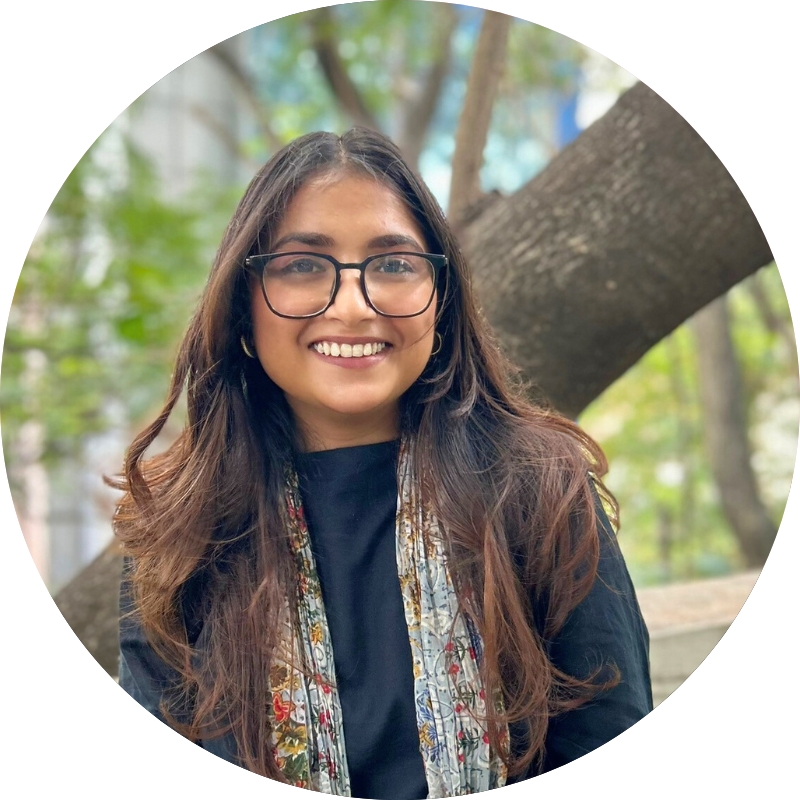On 19th July 2025, CLPR, in collaboration with the Centre for the Study of Social Exclusion and Inclusive Policy, held a state-level consultation on the re-survey and rehabilitation of Devadasi women and their families at the National Law School of India University, Bangalore. The consultation brought together over 45 Devadasi women and their children from 14 districts of Karnataka, including Koppala, Raichur, Bellary, Bagalkot, Yadgir, Kalaburagi, Belagavi, Vijayapura, Dharwad, Haveri, Gadag, Davanagere, Chitradurga, and Vijayanagara.
The objective of the meeting was to engage directly with Devadasi women and their families, to understand the shortcomings of the previous government survey, and gather suggestions for a more inclusive, accurate, and just re-survey process. The consultation aimed to inform state-level policy direction through participatory consultation with the affected communities. Key dignitaries present at the event included Mr. H. Anjaneya, former Social Welfare Minister of Karnataka; Ms. Jayna Kothari, Senior Advocate at the Supreme Court and Executive Director of CLPR; and Dr. R.V. Chandrashekar, Assistant Professor at NLSIU, who facilitated the discussions throughout the day.
Background
In previous state surveys, more than 46,660 Devadasi women were identified in Karnataka. However, many women were excluded due to procedural flaws and strict eligibility criteria, including age-based restrictions. As a result, those left out continue to experience severe marginalization and are denied access to state welfare programs. Recently, a directive from the Karnataka State Human Rights Commission, dated 23-06-2025, has called on the Chief Secretary to carry out a new, thorough survey and submit a report by 24-10-2025. The Department of Women and Child Development is currently preparing for this survey but plans to include only women aged 45 and older, a move that has sparked strong objections within the community.
Key Concerns
A significant concern raised was the government-mandated age limit for the re-survey, which only includes women aged 45 and older. This restriction has faced opposition as it excludes a substantial number of younger Devadasis, many of whom are drawn into the system during their adolescence or even childhood. As a result, these younger women will miss out on state recognition, welfare initiatives, and rehabilitation support.
Additionally, there were discussions about the lack of proper identification for many Devadasis. Numerous women expressed frustration, stating that even after living as Devadasis for decades and submitting the required documents years ago, their names still fail to appear on the official survey list. They shared how the absence of Devadasi certificates has hindered their children’s college admissions, deprived them of scholarships, and subjected them to ongoing humiliation. Financial constraints often force Devadasi children to abandon their studies.
It was also pointed out that the survey is taking place only at the taluk or office levels, rather than directly in communities, making it more difficult for many to engage. This method can lead to further exclusion, misinformation, and mistrust. Several women voiced their fears of harassment from officials and concerns about being mislabelled or excluded altogether. They also reported issues of fraudulent entries where benefits were being issued in the names of deceased Devadasis and manipulation of pension records. Many are calling for proper identification for Devadasi women and recognition for their children in welfare schemes.
Recommendation
The consultation recommended eliminating any age limit for the re-survey, advocating for the inclusion of all Devadasis, regardless of age, as such a restriction is seen as arbitrary, exclusionary, and unjust. It was also advised that the survey be conducted through a door-to-door approach rather than solely at government offices. To ensure effective oversight and monitoring, district-level committees should comprise Devadasi women, representatives from civil society organizations, and local government officials.
The group emphasized the importance of training surveyors to be sensitive to the social and cultural contexts of Devadasi communities, and this training should be guided by clear legal and ethical standards. Additionally, survey teams should be accompanied by women representatives and senior Devadasis from the village. They also called for the recognition of the children of deceased Devadasis through community verification processes, known as panchanama.
Participants urged the state government to provide clear guidelines detailing who qualifies as a Devadasi, the processes and standards for conducting the survey, as well as the timeline for data collection, validation, and publication.
In conclusion, the consultation sought to ensure that the new survey is accountable, inclusive, and transparent, adopting a rights-based and community-led approach to enumeration and support. The goal is for the upcoming survey to lead to meaningful policy changes and justice for countless unrecognized Devadasis and their families. Participants agreed to submit a comprehensive memorandum to the Chief Secretary, the Human Rights Commission, and relevant departments, highlighting their recommendations and offering support for implementing the re-survey process.

